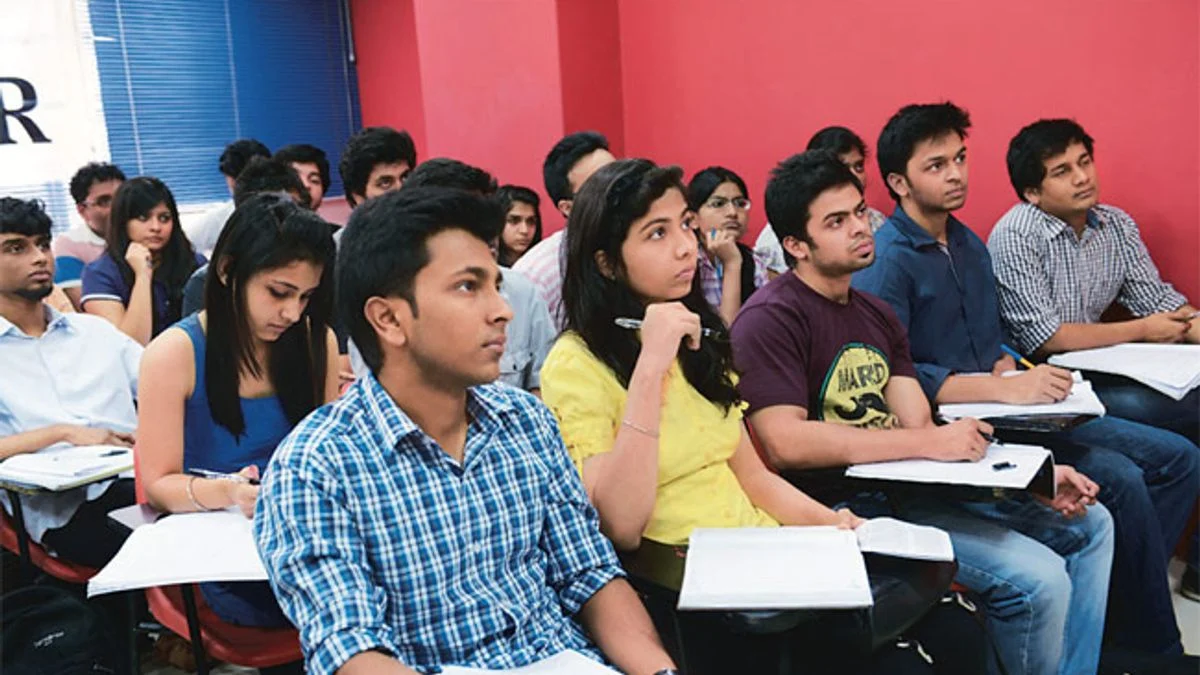
Regulating coaching centres: A shift toward transparency & fairness in education
While many welcome the change as long overdue to enhance transparency, others remain sceptical about effective enforcement
Coaching centres have long been a cornerstone of academic preparation in India, enticing students and parents with bold claims of guaranteed success and assured admissions. However, recent guidelines issued by the Union Consumer Affairs Ministry aim to put an end to such misleading promotions. These guidelines prohibit coaching institutes from making claims of assured admissions, high exam scores, or guaranteed placements a move that could bring about a transformative shift in the education sector. In Bengaluru, where coaching centres thrive as a booming industry, the response to these restrictions has been mixed. While many welcome the change as a long-overdue effort to enhance transparency and fairness, others remain sceptical about the effective enforcement of these new rules. Adarsh Benkappa Basavaraj, a life coach and career counsellor, views the move as a significant step forward.
“It’s commendable that the government is stepping in to regulate coaching centres, which often prey on the insecurities of students and parents with exaggerated promises. For instance, edtech companies like BYJU'S have come under scrutiny for persuading families, especially from economically weaker sections, to take loans for courses under the guise of guaranteed placements. This decision is crucial to protecting vulnerable families and ensuring accountability within the sector,” he said. Basavaraj highlighted, “It’s not just about prohibiting misleading advertisements. A watchdog agency that tracks metrics like student improvement both academically and emotionally is essential to ensure real accountability,” he added.
Sri, founder of an edtech startup, explained, “The new regulations on coaching centres highlight two perspectives. On one hand, coaching institutes argue that their methods, proven effective for past students, should work for everyone. They believe if one student succeeds, others can too. However, this overlooks individual differences in aptitude, as what works for one person might not suit another.” Sri further added, “We intentionally avoid guaranteeing results and instead focus on personalised learning. Unfortunately, such platforms are often viewed as low-quality because they don’t promise quick fixes.” These regulations pave the way for a more transparent, qualitydriven education system. Allu Pavan Karthik Reddy, an i-MTech 4th-year student at IIITBangalore, noted, “These regulations are a significant step in ensuring fairness in the coaching sector.
While my own experience was positive, I have seen peers fall victim to exaggerated claims and undue pressure caused by aggressive marketing. This move will push coaching centres to prioritise genuine student support over flashy advertisements.” Parents, too, have shared their views. A parent of a Class 12 student, commented, “At first, I was apprehensive about these guidelines. The absence of assurances felt unsettling. But now, I realise it’s better to focus on a centre’s teaching quality rather than being swayed by their claims. It’s a change that benefits everyone in the long run if implemented properly."
 English daily published in Bengaluru & Doha
English daily published in Bengaluru & Doha






